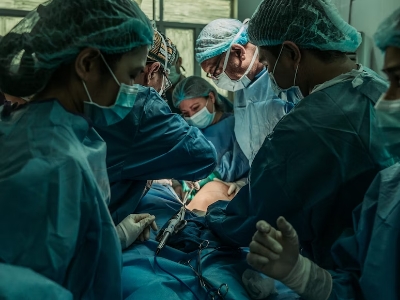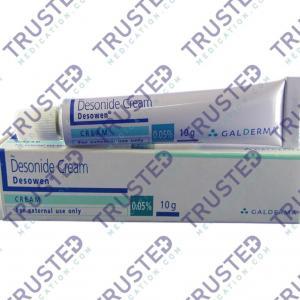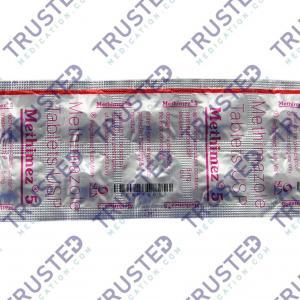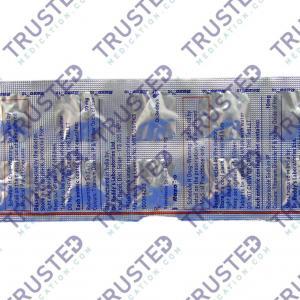
Prostate cancer is cancer that occurs in the prostate. The prostate is a small walnut-shaped gland in males that produces the seminal fluid that nourishes and transports sperm. Cancer that’s detected early when it’s still confined to the prostate gland has the best chance for successful treatment.
How Common Is Prostate Cancer?
Prostate cancer is one of the most common types of cancer. Many prostate cancers grow slowly and are confined to the prostate gland, where they may not cause serious harm. On the other hand, while some types of prostate cancer grow slowly and may need minimal or even no treatment, other types are aggressive and can spread quickly.
Prostate cancer may cause no signs or symptoms in its early stages. Cancer that is more advanced may cause signs and symptoms such as:
- Blood in the urine
- Blood in the semen
- Bone pain
- Erectile dysfunction
- Trouble urinating
- Decreased force in the stream of urine
- Losing weight without trying
Who Are At Risk Of Prostate Cancer?

There are three main risk factors for getting prostate cancer, which are things you can’t change. These are:
- Getting older – it mainly affects men aged 50 or over
- Having a family history of prostate cancer
- Being black
If you have any of these risk factors or if you have any symptoms, speak to your doctor. They can talk to you about your risk, and about the tests that are used to diagnose prostate cancer.
Other risk factors for its diagnosis and worse outcomes are social and environmental factors, particularly a diet that is low in vegetables and high in processed meat and saturated fat as well as lifestyle. Men who are overweight or obese are at greater risk of developing an aggressive form of prostate cancer. Research has shown that in obese men, recovery from surgery tends to be longer and more difficult, and the risk of dying from prostate cancer can be higher.
What Is The Treatment For Prostate Cancer?

Your prostate cancer treatment options depend on several factors, such as how fast your cancer is growing, whether it has spread, and your overall health, as well as the potential benefits or side effects of the treatment.
Surgery To Remove The Prostate
To access the prostate, surgeons may use a technique that involves:
- Making several small incisions in your abdomen
- Making one long incision in your abdomen
Radiation Therapy
Radiation therapy uses high-powered energy to kill cancer cells. Prostate cancer radiation therapy treatments may involve:
- Radiation that comes from outside of your body (external beam radiation)
- Radiation placed inside your body (brachytherapy)
Freezing or Heating Prostate Tissue
Ablative therapies destroy prostate tissue with cold or heat. Options may include:
- Freezing prostate tissue
- Heating prostate tissue
Hormone Therapy
Hormone therapy is a treatment to stop your body from producing the male hormone testosterone. Prostate cancer cells rely on testosterone to help them grow. Cutting off the supply of testosterone may cause cancer cells to die or to grow more slowly.
- Medications that block testosterone from reaching cancer cells
- Medications that stop your body from producing testosterone
- Surgery to remove the testicles (orchiectomy)
Targeted Drug Therapy
Targeted drug treatments focus on specific abnormalities present within cancer cells. By blocking these abnormalities, targeted drug treatments can cause cancer cells to die. This treatment may be recommended to treat advanced or recurrent prostate cancer if hormone therapy isn’t working. Some targeted therapies only work in people whose cancer cells have certain genetic mutations. Your cancer cells may be tested in a laboratory to see if these drugs might help you.
Recommended Medication
- Bicalutamide – this medicine is indicated for patients whose prostate cancer cannot be treated by surgery or radiation or whose cancer remains or returns after treatment. The active ingredient of this drug blocks the effects of testosterone and reduced its amount. It is used alone or with a luteinizing hormone-releasing hormone. Bicalutamide works by telling the pituitary gland in the brain to stop producing luteinizing. This hormone stimulates the testicles to release testosterone.








